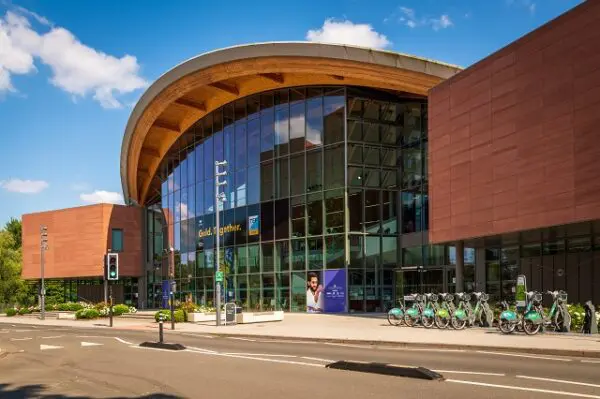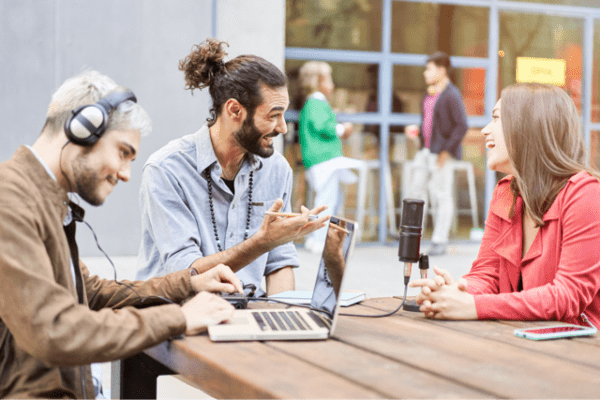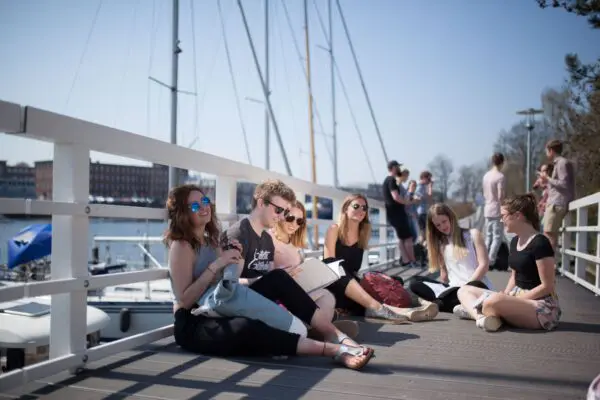
Coventry, United Kingdom
A Taste of Arts and Humanities
When:
14 July - 24 July 2026
Credits:
0 EC
Read more
Communication, Media and Journalism
When:
02 August - 06 August 2021
School:
International Summer School “Communicating Science”
Institution:
Wissenschaft im Dialog
City:
Country:
Language:
English
Credits:
0 EC

BarCamp, Science Slam, PechaKucha, Meet the Scientist – the possibilities of science communication are manifold. In addition to classic science journalism, the growing number of different formats is increasingly raising awareness of research and is making it tangible and very entertaining at the same time. Science finds its way into our everyday life in the form of podcasts or TED Talks and via social media. But what makes a good format? What kinds of communication do different media cultures require? What is the relationship between science journalism and research? The International Summer School on the topic of Communicating Science in summer 2021 will get to the bottom of these and many other questions.
Wissenschaft im Dialog & Alexander von Humboldt Foundation
Funded by the Federal Ministry of Education and Research within the context of the German EU Council presidency, the interdisciplinary event is aimed at doctoral candidates and postdocs for up to 6 years after completing their doctorate* who are currently and will still be doing research at European universities and/or research institutions during summer 2021 – regardless of their origin or nationality.
(*excluding parental leave, sick leave etc.)
First of all, the participants will get an overview of the general conditions and communication cultures and deal with forms and methods of science communication. In interactive sessions, the acquired knowledge is deepened practically, and communication strategies are developed and critically examined from an intercultural and ethical point of view.
In the course of the Summer School, the young researchers will get to know the different formats that are available to them to present their research in a clear and entertaining way. After all, every method of science communication depends on individual preferences, strengths and interests.
In addition, the importance of strategic communication with various stakeholders is a focus of attention. Exciting keynotes from experts as well as practitioners from the science communication field will provide new insights. Subsequent discussion rounds offer ample space for questions and networking. Public evening events invite participants to experience various formats live.
On the basis of the knowledge and skills gathered, the participants will then formulate joint momentum that will serve to strengthen science communication throughout Europe and continuously increase awareness of it.
When:
02 August - 06 August 2021
School:
International Summer School “Communicating Science”
Institution:
Wissenschaft im Dialog
Language:
English
Credits:
0 EC

Coventry, United Kingdom
When:
14 July - 24 July 2026
Credits:
0 EC
Read more

Nottingham, United Kingdom
When:
29 June - 10 July 2026
Credits:
5 EC
Read more

Kiel, Germany
When:
01 June - 14 June 2026
Credits:
5 EC
Read more